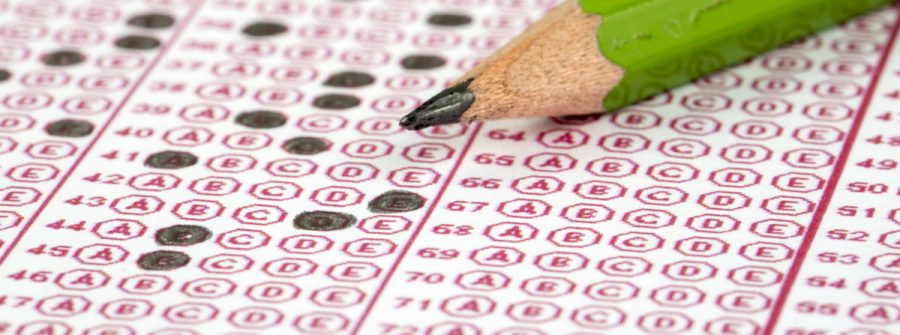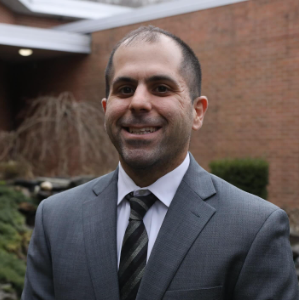Editors on the Issues: Midterms Follow-Up
Recently, the editor team put out an article expressing its beliefs on the January midterm examinations. In an effort to be as unbiased as possible, especially in this political culture, and to answer lingering questions, the staff met with principal John Murphy to get his take on the issue.
Perhaps the greatest source of confusion was the origin of these midterms. Were they instituted in pursuit of grant money? Were they a way to, as popularly expressed, force students to study? Or were they even, as some students whispered in dark corners of the 100 wing, a way to ensure teachers didn’t leave school early during testing week? Well, according to Mr. Murphy, the official purpose of these exams were to assess student retention of curricula in preparation for end-of-year examinations. Let the rumor mill now run dry on this one, folks.
One concern among students was that midterm preparation would encroach upon time that many believe should have been spent learning new material, therefore preventing students from completing curricula and resulting in knowledge gaps come AP, Regents, and final examinations. In response to this, Mr. Murphy believed that a mid-year, cumulative exam would actually boost final scores. This time was “not diverted,” as many contended, because it was ultimately review, especially for content-heavy AP courses. For now, we must wait for time to tell on this one.
Finally, the greatest point of contention was the timing of these exams – both the exact week and the rollout. In terms of the rollout, many students claim that they only learned of these exams in the weeks leading up to testing. Mr. Murphy claims that there were two letters sent out on the subject – the one in the immediately preceding weeks (specifying courses to be tested and dates) and another sent out much earlier. This latter letter only explained that there would be exams come January, with no specifications on the exact courses. Due to the ambiguity of this letter, many students assumed that it was referring to the English Regents and Regents retakes, so those who did not have to concern themselves with such things waived this letter off. It is here where the confusion was conceived. So while Mr. Murphy is technically correct in stating that students were informed of midterms much earlier than popularly expressed, one does not have to suspend his disbelief too greatly to see why these exams did come as a such a surprise come the second letter. And as far as the argument over planned vacations and cancelled trips go, Mr. Murphy asserts that so-called Regents week was “never a vacation week;” it is simply “an altered schedule.” In fact, this week was chosen as a reflection of this fact to test students as it would not interfere with regular class time. There is simply no arguing with this one.
So what do you think? Do you still rue the day you opened the second letter, or have your thoughts changed? Has your confusion ebbed or are there still stones you need turned? Remember, the PawPrint staff is always hunting for a good story, so feel free to email us at [email protected] with further questions or leads.







